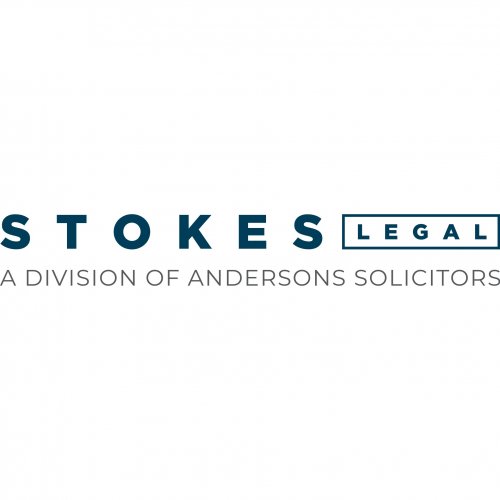Best Work Injury Lawyers in Edwardstown
Share your needs with us, get contacted by law firms.
Free. Takes 2 min.
List of the best lawyers in Edwardstown, Australia
About Work Injury Law in Edwardstown, Australia
Work injury law in Edwardstown, Australia falls under the broader jurisprudence of personal injury law, with specific regulations governed by workplace health and safety laws and regulations. These laws delineate the responsibilities of employers towards their employees’ safety at work, and establish the rights of employees who suffer injuries related to their jobs. In cases where a work injury occurs, the law allows injured employees to make workers' compensation claims to cover medical expenses, lost wages, and other related costs.
Why You May Need a Lawyer
There are several instances when you may need legal help in work injury issues. This might include when your claim for workers’ compensation is denied, when your employer disputes the extent and severity of your work-related injury or when your permanent disability rating is being questioned. Having a lawyer can help ensure that you fully understand your rights, can navigate the complexities of the case efficiently and, most importantly, receive the compensation you deserve.
Local Laws Overview
In Edwardstown, Australia, employers are required by law to provide their employees with a safe working environment and to take reasonable steps to prevent accidents and injury. If an employee gets injured at work, they are eligible to make a workers' compensation claim. The process involves reporting the injury to the employer, seeking medical attention, and filling in the claim form. There are specific timelines for filing claims and these must be strictly adhered to. A denial of claims may occasionally necessitate legal involvement and perhaps even court proceedings.
Frequently Asked Questions
1. What should I do immediately after a work injury?
It is important to report the incident to your employer as soon as possible, seek immediate medical attention, collect evidence if possible, and note down details of the incident and any witnesses.
2. Can I claim for psychological injury sustained at work?
Yes. Australian work injury laws cover both physical and psychological work-related injuries. It is crucial to have medical documentation to support psychological injury claims.
3. Do I have to pay for the medical treatment of my work injury?
No, you don't. The costs of treating a work injury are typically covered by your employer’s insurance provider under the workers' compensation claim.
4. Can my employer fire me if I file a workers compensation claim?
According to Australian laws, it is unlawful to dismiss an employee because they have a workers' compensation claim.
5. Can I sue my employer for a work injury?
This depends on the specifics of your case. While workers' compensation is typically the route to go, in certain situations where negligence can be proved, lawsuits might be possible.
Additional Resources
It can be beneficial to explore resources such as the SafeWork SA and the Workers Compensation Tribunal of South Australia for more information on work injury laws and your rights as an employee. The Fair Work Commission can also provide guidance on dealing with potential issues with your employer after a work injury.
Next Steps
If you need legal assistance for a work injury, start by gathering all relevant documentation such as medical reports and evidence related to the accident. Document all interactions with your employer or their insurance provider. From here, consult a local lawyer specialized in work injury law. Their expertise will be invaluable in helping you navigate the system and secure the compensation you are entitled to.
Lawzana helps you find the best lawyers and law firms in Edwardstown through a curated and pre-screened list of qualified legal professionals. Our platform offers rankings and detailed profiles of attorneys and law firms, allowing you to compare based on practice areas, including Work Injury, experience, and client feedback.
Each profile includes a description of the firm's areas of practice, client reviews, team members and partners, year of establishment, spoken languages, office locations, contact information, social media presence, and any published articles or resources. Most firms on our platform speak English and are experienced in both local and international legal matters.
Get a quote from top-rated law firms in Edwardstown, Australia — quickly, securely, and without unnecessary hassle.
Disclaimer:
The information provided on this page is for general informational purposes only and does not constitute legal advice. While we strive to ensure the accuracy and relevance of the content, legal information may change over time, and interpretations of the law can vary. You should always consult with a qualified legal professional for advice specific to your situation.
We disclaim all liability for actions taken or not taken based on the content of this page. If you believe any information is incorrect or outdated, please contact us, and we will review and update it where appropriate.








